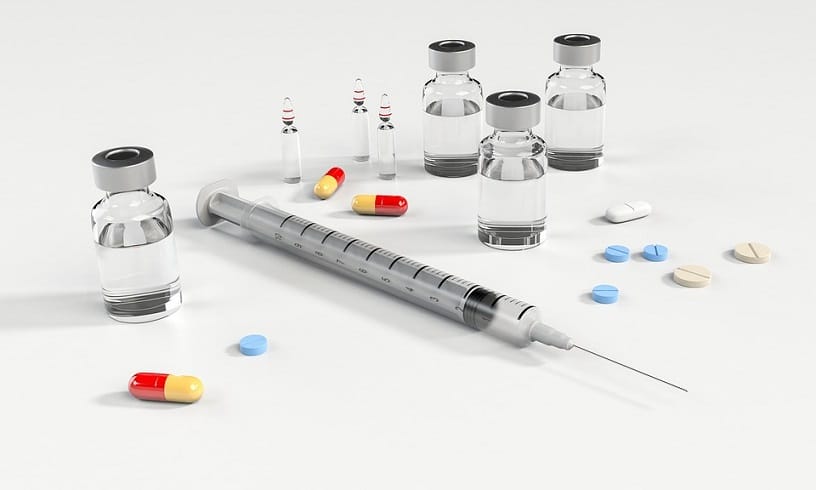Contamination of drinking water is a serious concern around the world, for the individuals drinking the water as well as environmental scientists, due to the fact that toxins found in drinking water have included pesticides and herbicides as well as hormones from contraceptive pills.
Other contaminants can also include toxic metals such as mercury, arsenic, or cadmium, as well as substances that endanger vital species such as bees.
Professor Danil de Namor, University of Surrey Emeritus Professor and leader of a research study that involves the detection and removal of pharmaceuticals in or from water, and his team have found an effective, environmentally friendly way to monitor and remove pharmaceuticals from water in the form of a new type of ˜supermolecule.’
The supermolecule, calix[ 4], actively seeks out specific pharmaceuticals and removes them from water. This is great news for environmentalists, as contamination from pharmaceuticals can enter the aquatic environment via wastewater after being excreted in the form of urine.
Professor de Namor said, Preliminary extraction data are encouraging as far as the use of this receptor for the selective removal of these drugs from water and the possibility of constructing a calix[4]-based sensing devices. From here, we can design receptors so that they can bind selectively with pollutants in the water so the pollutants can be effectively removed. This research will allow us to know exactly what is in the water, and from here it will be tested in industrial water supplies, so there will be cleaner water for everyone.
The study, which was carried out with PhD students and a final year project student, was recently published online by the European Journal of Pharmaceutical Sciences, was very well-received and the authors quickly received invitations to give keynote lectures at two international conferences on pharmaceuticals in Europe later this year.
According to Dr Brendan Howlin, University of Surrey co-investigator, “This study allows us to visualise the specific receptor-drug interactions leading to the selective behaviour of the receptor. As well as the health benefits of this research, molecular simulation is a powerful technique that is applicable to a wide range of materials.
Buy water coolers or rent water coolers from Living-Water.






